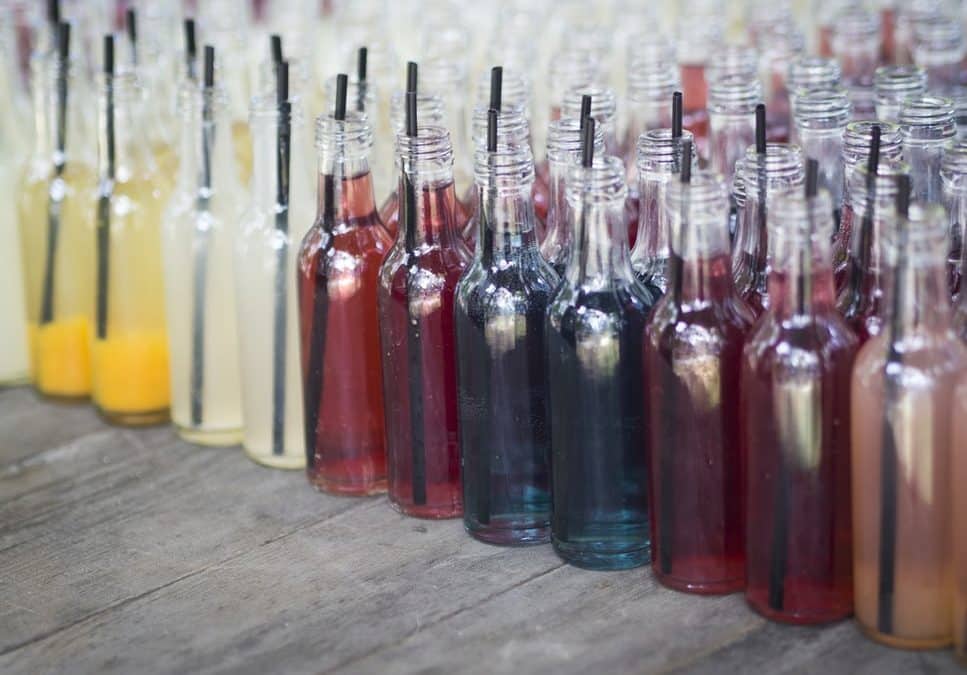It’s not uncommon for people to drink alcohol to have a more enjoyable time. Under some circumstances, individuals may even choose to consume drugs to enhance this feeling further.
However, there are significant risks associated with mixing alcohol and benzodiazepines. Listed below is all the information that you need to keep in mind.
How Exactly Does Alcohol Affect the Body?
Alcohol is a depressant, meaning that it suppresses the central nervous system. This can lead to various effects, such as feeling sleepy, a loss of inhibition, etc.
Interestingly, many people are unaware that alcohol is considered a drug. This is partially due to how widespread and socially accepted its use is.
However, since it is a substance that alters your state of mind, it falls into this category.
The use of alcohol is not inherently dangerous on its own. However, there is a fine line between casual alcohol use and alcohol abuse.
Binge drinking is the most common form of alcohol abuse. In context, this is defined as consuming five or more drinks within the same session (or four drinks if you are female).
However, occasional binge drinking doesn’t mean that you are a heavy user of alcohol. Heavy alcohol use is defined as binge drinking at least five days out of the 30 day period.
So, if you like to go drinking every weekend, you may fall into the category of a heavy alcohol user.
What Are Benzodiazepines?
For those who are unfamiliar with this term, it is used to categorize a variety of different medications broadly. These are typically used to treat conditions like sleep abnormalities, seizures, or anxiety.
So, common drugs in this category include Klonopin, Valium, and Xanax.
Like alcohol, benzodiazepines are depressants. This means that they have similar effects as alcohol, although with a greater magnitude.
They are specifically designed to affect the body so that they can treat the aforementioned conditions. Due to the impact these drugs have on the central nervous system, some individuals choose to abuse this type of substance to achieve a feeling similar to being drunk.
When alcohol and benzodiazepines are consumed concurrently, the overall feeling is vastly enhanced. However, this is a considerably dangerous behavior that you should never partake in.
What Is the Risk of Mixing Alcohol and Benzodiazepines?
As you might expect, there are numerous risks associated with mixing the above substances. Although there is no guarantee that these will be severe, they have a high potential to be.
Let’s explore some of the most noteworthy.
Overdosing
Mixing two depressants comes with a significant chance of overdose. This is because you simply cannot accurately measure the intensity at which your brain is being affected.
For instance, you may have a solid understanding of how taking a single shot of alcohol will affect your cognitive function. You might also understand that having three or four shots within an hour will leave you reasonably inebriated.
Someone who recreationally uses benzodiazepines might also recognize that a single shot of alcohol and a single pill of Xanax leaves them feeling similar to how they would if they took four shots within a single hour.
However, taking another shot of alcohol in this scenario could easily cause you to overdose, even though it would logically seem like it wouldn’t. This is part of what makes mixing these two drugs so dangerous.
Unpredictable Effects
Introducing the above substances to your body simultaneously also has the potential to come with unpredictable effects. These can vary from person to person and could be either mild or severe.
For instance, somebody may experience an extreme drop in motor coordination atypical of someone who mixes benzodiazepines and alcohol. These effects can also have a rapid onset, proving to place the affected individual in danger if they are in a public setting, an area in which they feel unsafe, etc.
Development of Mental Health Disorders
Long-term abuse of both of these substances could lead to the development of mental health disorders. This is a direct result of how they impact the central nervous system.
Common complications could include depression, anxiety, or even psychotic disorders. In some circumstances, the disorders they experience could be relatively intense and difficult to treat.
They may also be long-lasting or even permanent.
Physical Dependency
A commonly overlooked factor of mixing benzodiazepines and alcohol is developing a physical dependency on one or both substances. For those who are unaware, developing a dependency on a substance means that you will experience withdrawal symptoms if you discontinue the regular use of that substance.
Complications associated with withdrawal include insomnia, overwhelming anxiety, or even cardiac arrest.
In many circumstances, overcoming physical dependency on your own is virtually impossible. It often requires professional treatment to get your life back on track.
Consider reaching out to a professional if you or a loved one is suffering from this condition.
You Should Avoid This Type of Behavior at All Costs
Otherwise, you can experience severe health complications. Keep the above information in mind about mixing alcohol and benzodiazepines to understand the risks associated with it fully.
From here, you can ensure that you make safer choices in the future. Want to learn more about what we have to offer? Feel free to get in touch with us today and see how we can help.






